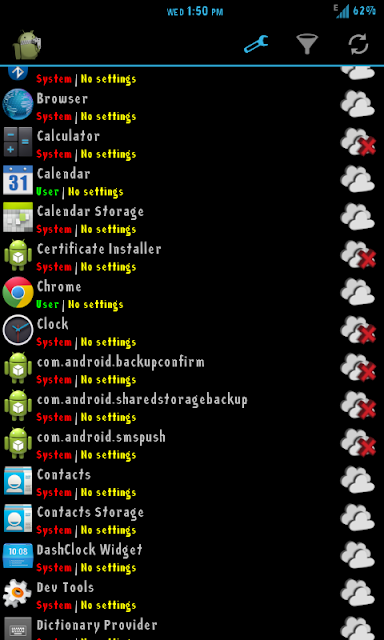In my previous
posts, I have explained what is Custom ROM and the advantages of using them.
But now, a developer named rovo89, has developed a framework for Android which
would give you the possibility to modify your existing Android ROM without
modifying any APK or ROM flashing, the only thing that Xposed Framework
requires is root access. Xposed Framework allows you to make small tweaks to
existing Android operating system without replacing it.
Working of Xposed
Framework
To make various
changes, developers modify the system files, to be precise, system APKs, and
developers make the changes and release them in custom ROMs. To use the changes
made by developers, users have to flash custom ROM on their device.
To install Xposed
Framework, root access is required, but after installation it should work
without root access. From the words of developer himself:
“I extended the
/system/bin/app_process executable to load a JAR file on startup. The classes
of this file will sit in every process (including the one for system services)
and can act with their powers. And even more: I have implemented something that
allows developers to replace any method in any class (may it be in the framework,
systemui or a custom app). This makes Xposed very powerful. You can change
parameters for the method call, modify the return value or skip the call to the
method completely - it's all up to you! Also replacing or adding resources is
easy.”
Xposed Framework
works with almost all Android devices with Android version 4.0 and later, and
also the device should have ARM processor. Sadly, if you have a Gingerbread
version on your device, or a device with an Intel processor, you are out of
luck.
How to Install
Xposed Framework
First of all, make
sure your device is rooted. The root access is required by Xposed framework for
installation. Then take a Nandroid Backup of your device, as in the case of
unexpected consequences, you can always restore to the state your device was at
earlier.
You need to
download the APK file attached to this forum: Xposed - ROM
modding without modifying APKs, and install the APK on your Android device.
After its
installation, open the Xposed Installer app and press the Install/Update button
to install the Xposed Framework. Now, the app requires Root Access.
After installation,
press the Reboot button to reboot your device and the Xposed Framework will become
active.
You can also
uninstall the Xposed Framework by returning to Xposed Installer app and
pressing the Uninstall or Clean up button. This would reverse the changes made
to the app_process executable in your device.
Xposed Modules
The Xposed framework
provides a base for various modules to do their work. After installation of the
Xposed framework, you'll need some other apps to actually do modifications to
your device.
There are many
modules available on various forums. You can check here for a list of available
modules using Xposed: List of Xposed
Apps and Modules.
The Xposed
Framework is useful for people who don't want to risk flashing Custom ROM or
want Stock ROM with some modifications. The installation of Xposed Framework
and its modules do not require using Custom ROM's or changing the device
firmware and the changes to system made by them can be easily restored to
factory defaults at a click of a button.
All the Best on
using Xposed Framework..!!





